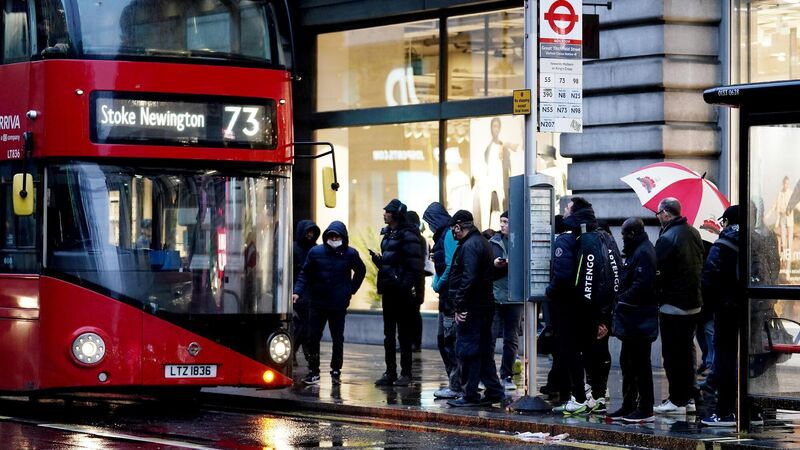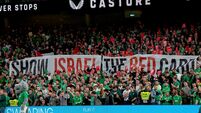Sharp drop in British retail sales raises fears over Irish shops and pubs

The plunge of 1.6% in British retail sales in August from July was much larger than expected.
A huge drop in British retail sales has spurred warnings that the cost-of-living crisis will likely mean that spending in Irish shops, cafés, and pubs is also set to take a large hit in the coming months.
The plunge of 1.6% in British retail sales in August from July was much larger than expected and was seen by economists as a sign that Britain was hurtling towards a recession. Sterling slumped to $1.351, its lowest value against the dollar since 1985, and fell to 87.4 pence against the euro, the lowest for over a year and a half.














